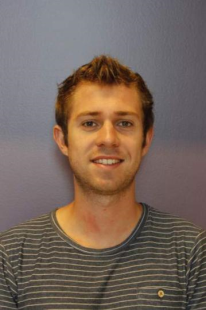Mariën Joachim
Unit Head, Assistant Professor

The fundamental part of my research aims to understand under what conditions pathogen transmission is more or less efficient in wildlife populations. For most zoonotic pathogens, such information remains largely unknown due to the absence of relevant field data to test these theories. For this purpose, I focus on rodent communities because these mammals can be collected in large numbers, are easily manipulated in experiments and represent a high number of zoonotic reservoirs compared to other mammals. The research includes field experiments, lab work (serology, PCR, Sanger or metagenomic MinION sequencing) and developing statistical models to test hypotheses. I perform this work mainly in collaboration with the Sokoine University of Agriculture in Tanzania. The applied part of my research focuses on the control of rodent and vector-borne diseases. In that context, I have been studying how Lassa virus can be controlled in rodent populations in Guinea and tested the how climate change affects malaria transmission in Burundi and DRC. I also investigated the spread of Monkeypox and Chikungunya virus in DRC, and SARS-COV-2 in Belgium. Currently, I coordinate an international project in which we are investigating how anthropogenic change affects biodiversity and the emergence of infectious diseases in Africa. For this project, I mainly collaborate with the University of Kisangani in DRC.